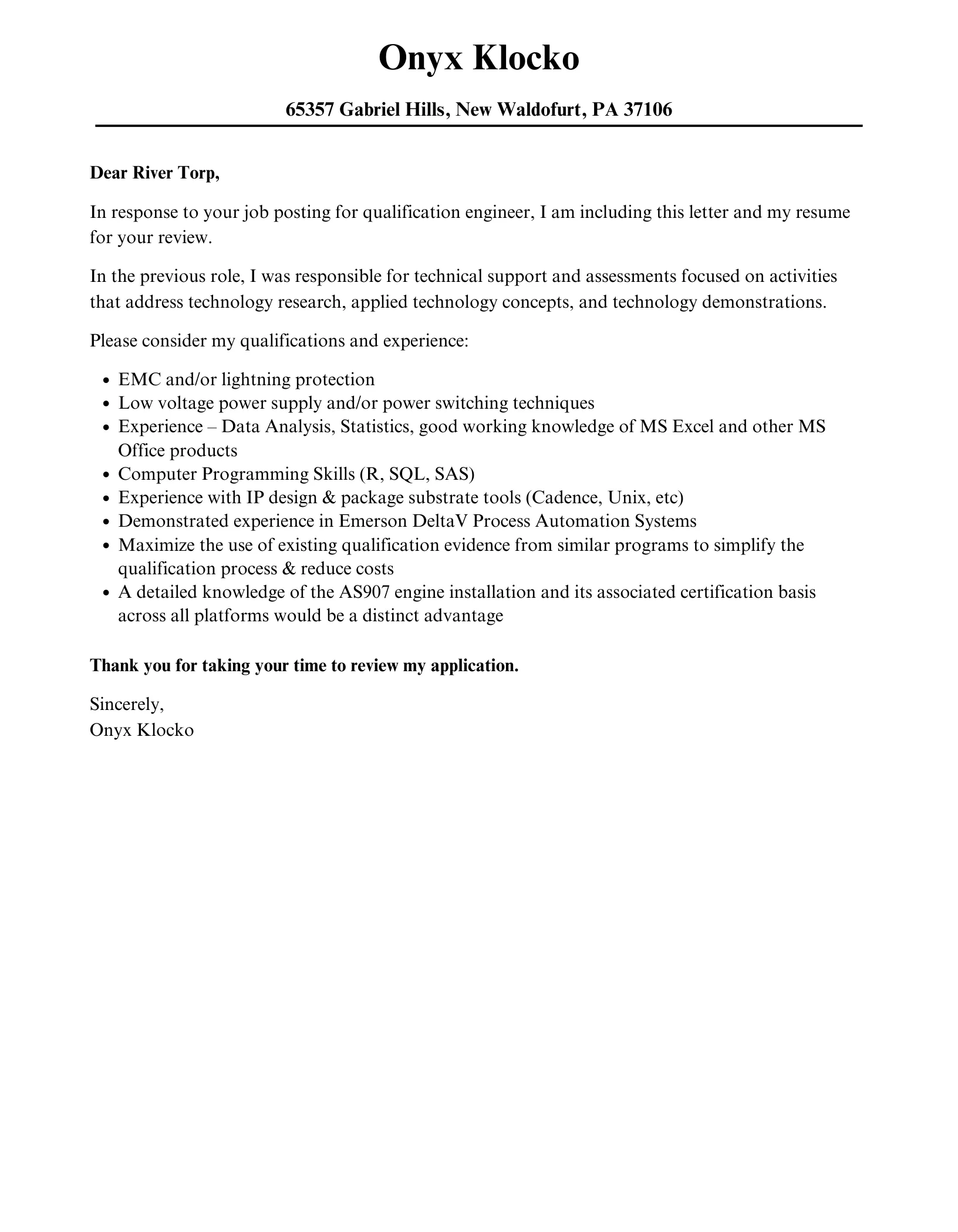What are Cover Letter Qualifications?
Cover letter qualifications are the specific skills, experiences, and achievements you highlight in your cover letter to demonstrate your suitability for a job. They are your way of showing a potential employer that you possess the necessary competencies and traits to excel in the role. These qualifications are not merely a list of your past roles but rather a carefully curated selection of accomplishments and abilities that align with the job requirements. They give the hiring manager a snapshot of your capabilities and potential, encouraging them to further review your resume. A strong cover letter focuses on the qualifications that best match the job description, showcasing your understanding of the role and your ability to contribute to the company’s goals. Highlighting the right qualifications is a critical step toward securing an interview and ultimately landing your dream job. Properly articulating these qualifications can significantly boost your chances of success, setting you apart from other candidates.
Understanding the Importance of Qualifications
The importance of highlighting qualifications in your cover letter cannot be overstated. It’s the first impression you make on a hiring manager, a chance to set yourself apart from the competition. A well-crafted cover letter shows you’ve not only read the job description but also understand the employer’s needs. It demonstrates that you’re not just another applicant but a strategic thinker who can bring value to the company. By emphasizing your relevant skills and experiences, you paint a vivid picture of your potential. This helps the employer quickly assess whether you are a good fit for the role. A cover letter showcasing targeted qualifications also indicates your attention to detail and your commitment to tailoring your application to each job. This level of personalization increases your chances of getting noticed and considered for an interview. Moreover, highlighting your qualifications directly addresses the employer’s concerns about your ability to perform the job effectively. In a competitive job market, a strong presentation of your qualifications is crucial.
How Qualifications Enhance Your Application
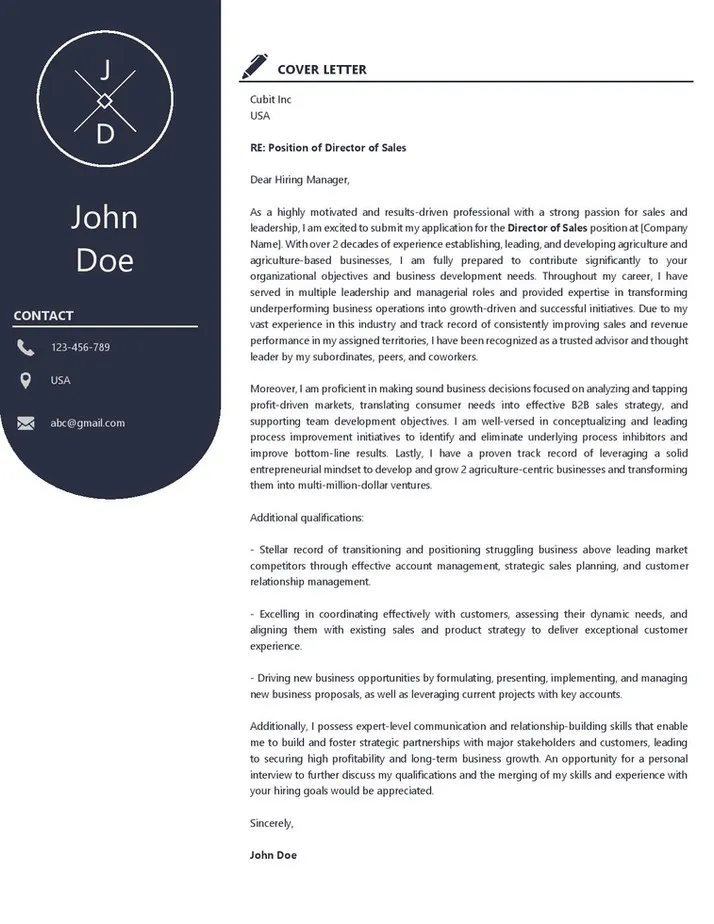
Qualifications significantly enhance your job application by providing concrete evidence of your capabilities and suitability for the role. They move beyond simply stating your past roles and instead showcase your specific achievements and the skills you gained. This allows employers to understand the value you can bring to their organization. By clearly articulating your qualifications, you create a compelling narrative that highlights your accomplishments, helping the hiring manager visualize your potential contributions. Your application becomes more memorable and persuasive when you use specific examples of how you’ve successfully applied your skills in past roles. Properly emphasizing your qualifications also shows that you have researched the company and understand their needs. It demonstrates that you are not just sending out generic applications, but tailoring your presentation to match the specific requirements of the job. This targeted approach significantly increases your chances of getting noticed and moving forward in the hiring process. Furthermore, highlighting the right qualifications helps you stand out from other candidates who might have similar experiences but fail to articulate their value effectively.
Top 7 Tips to Highlight Cover Letter Qualifications
Here are seven key tips to effectively highlight your cover letter qualifications. Implementing these strategies will significantly improve your chances of making a positive impression on potential employers, showcasing your suitability for the role, and ultimately securing an interview. Following these tips will ensure your cover letter stands out from the competition, increasing your chances of success in the job search process.
Tailor Your Qualifications to the Job Description
The most important tip is to carefully tailor your cover letter to each job description. Hiring managers look for candidates who understand the specific requirements of the role and possess the necessary skills and experience. Read the job description thoroughly and identify the key qualifications and skills the employer is seeking. Then, align your qualifications with these requirements by highlighting relevant experiences, achievements, and abilities. This ensures your cover letter directly addresses the employer’s needs and demonstrates that you understand the role’s expectations. By customizing your letter, you show that you’ve done your homework and are genuinely interested in the position. This makes your application more compelling and increases your chances of getting noticed. Avoid using a generic cover letter and instead focus on the specific qualifications that match the job’s needs. This level of personalization significantly enhances your application and demonstrates your attention to detail and commitment to the role.
Use Action Verbs to Showcase Your Skills
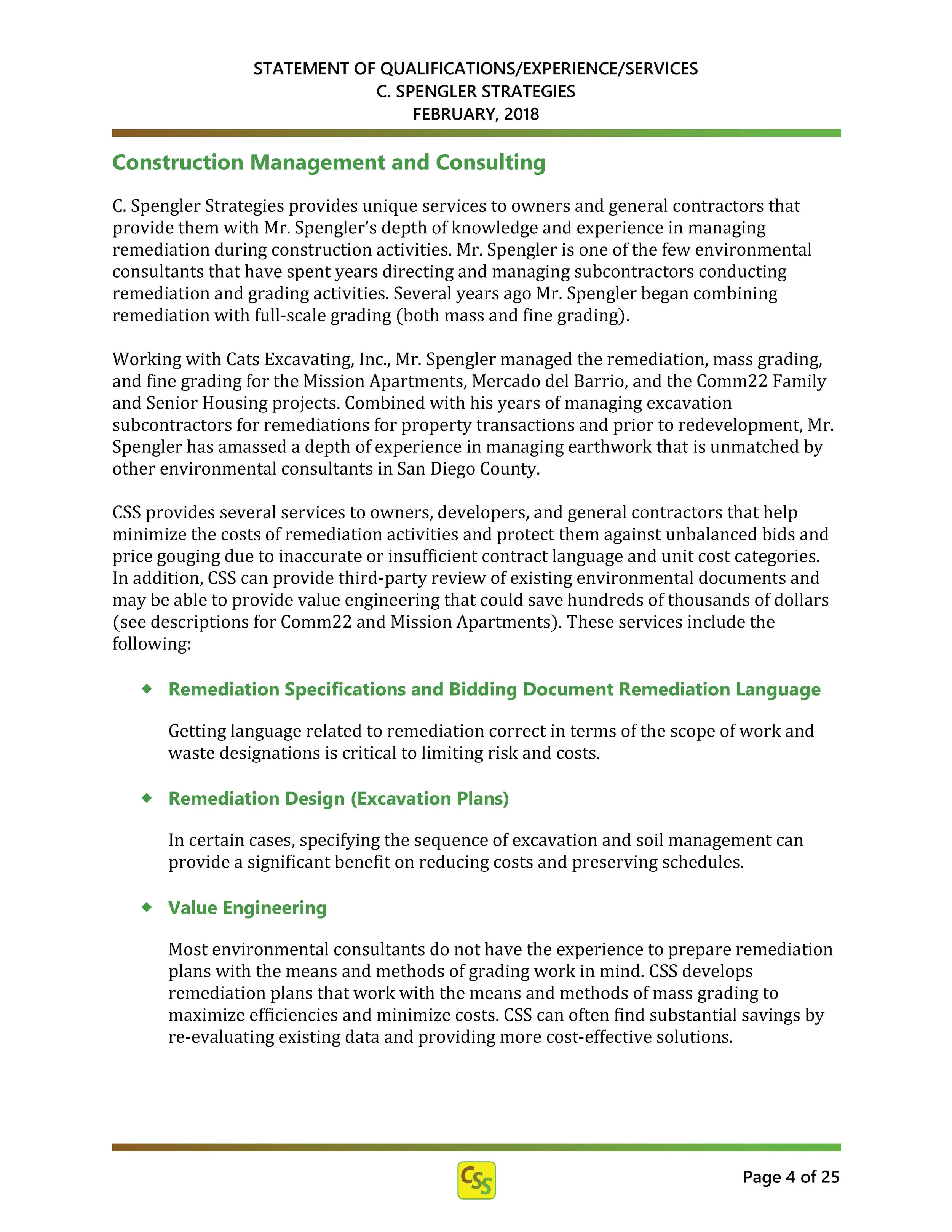
Using strong action verbs is essential for effectively highlighting your qualifications. Action verbs bring your accomplishments to life, making your cover letter more dynamic and engaging. They show what you did, how you did it, and the results you achieved. Instead of saying “Responsible for managing projects,” use action verbs like “Led,” “Managed,” or “Oversaw.” These verbs immediately capture the reader’s attention and make your accomplishments more memorable. Choose verbs that accurately reflect your actions and achievements in previous roles. Some examples of powerful action verbs include “achieved,” “implemented,” “developed,” “created,” “improved,” and “resolved.” By using action verbs, you transform your cover letter from a list of responsibilities into a compelling narrative of your accomplishments. This will help you stand out and demonstrate your potential to the hiring manager. Using active verbs also emphasizes your skills and abilities, making your cover letter more persuasive.
Quantify Your Achievements Whenever Possible
Quantifying your achievements is a powerful way to make your qualifications more impactful. Numbers and data provide concrete evidence of your accomplishments, making them more credible and memorable. Whenever possible, include specific metrics to demonstrate the results you achieved in previous roles. For example, instead of saying “Increased sales,” say “Increased sales by 15% in six months.” This level of detail gives the hiring manager a clear understanding of your impact. Quantifying your achievements not only shows the scope of your accomplishments but also highlights your ability to deliver results. Consider using percentages, dollar amounts, or other relevant figures to illustrate your successes. The more specific you are, the more persuasive your cover letter becomes. Use data to showcase your skills and abilities, proving that you are a high-performing candidate who can contribute positively to the company.
Provide Specific Examples of Your Accomplishments
Providing specific examples of your accomplishments is vital for demonstrating your qualifications effectively. Instead of simply listing your skills, illustrate how you’ve used those skills to achieve tangible results in past roles. Use the STAR method (Situation, Task, Action, Result) to structure your examples. Describe the situation you were in, the task you had to complete, the actions you took, and the results you achieved. This method provides a clear, concise, and compelling narrative. The use of specific examples brings your qualifications to life, making them more relatable and memorable for the hiring manager. This shows you can not only perform the job but also deliver results. Make sure the examples are relevant to the job you are applying for and highlight the skills and experiences most valuable to the employer. Be concise and focus on the impact of your actions. This approach will make your cover letter more persuasive, increasing your chances of getting an interview.
Align Your Qualifications with Company Values
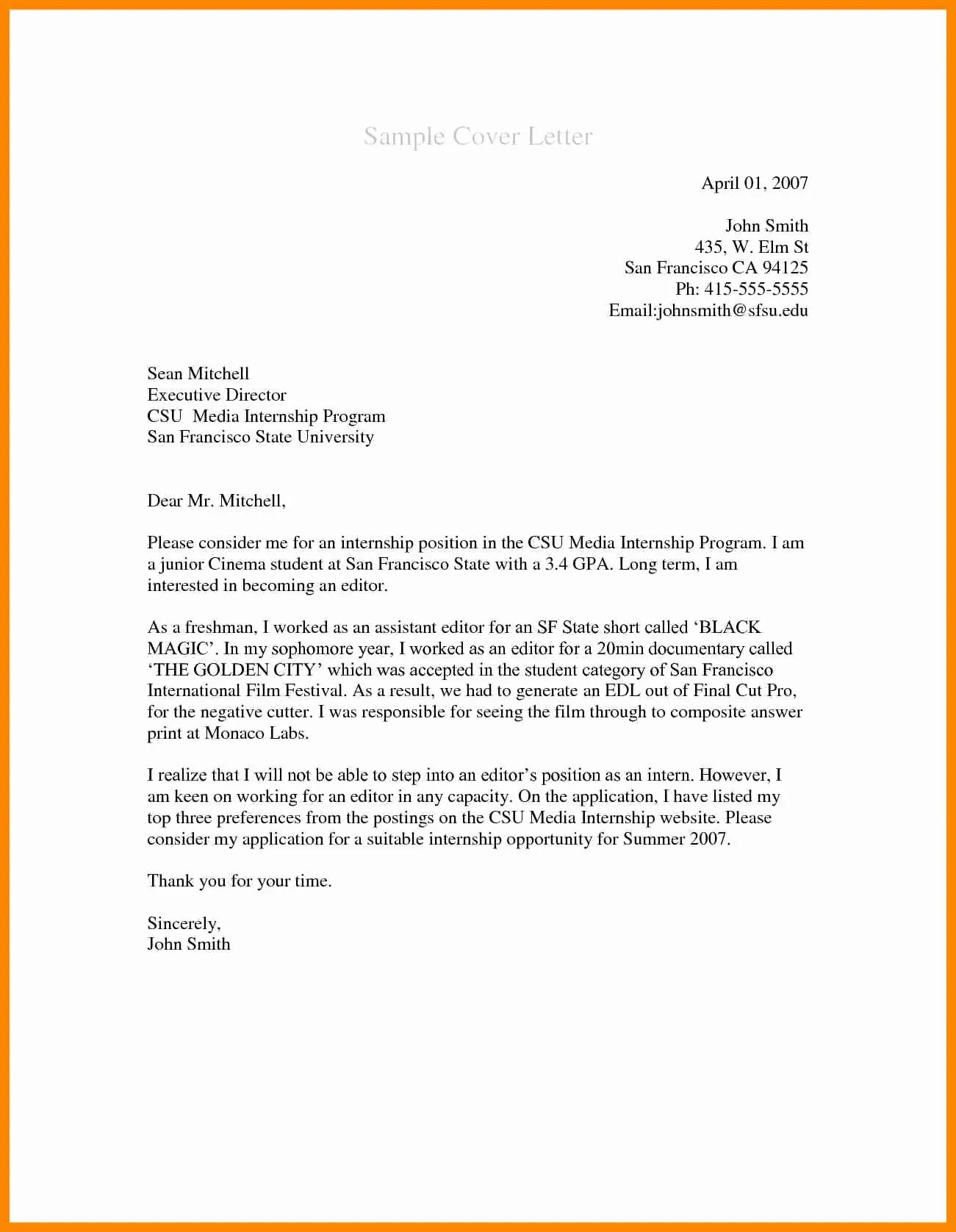
When highlighting your qualifications, it’s important to align them with the values of the company. Research the company’s mission, vision, and values to understand what they consider important. Then, tailor your cover letter to reflect these values. Showcase how your skills, experiences, and achievements align with the company’s culture and goals. Use the language and keywords the company uses to demonstrate that you understand their priorities and are a good fit. This demonstrates that you are not only qualified for the role but also compatible with the company’s culture. This alignment shows the hiring manager you are a good match and committed to contributing to their success. You can often find information on company values on their website, social media, and press releases. By incorporating these values into your cover letter, you create a more compelling application that resonates with the employer and increases your chances of getting noticed.
Proofread Your Cover Letter for Accuracy
Proofreading is a crucial step that can significantly impact the effectiveness of your cover letter. Even the most impressive qualifications can be undermined by typos, grammatical errors, and formatting issues. Always proofread your cover letter carefully before submitting it. Check for spelling mistakes, punctuation errors, and grammatical inconsistencies. Read the letter aloud to catch any awkward phrasing or unclear sentences. Ask a friend, family member, or career advisor to review your cover letter for feedback. Having a fresh pair of eyes can help you spot errors you might have missed. Paying attention to detail and ensuring your cover letter is error-free reflects your professionalism and attention to quality. A polished cover letter shows the employer that you care about the details and are committed to presenting your best self. A well-proofread cover letter increases your credibility and enhances your chances of making a positive first impression.
Where to Place Your Qualifications on Your Cover Letter
The strategic placement of your qualifications is crucial to ensure they make the most impact. Here’s how to structure your cover letter to highlight your key qualifications effectively. Each part of your cover letter has a role to play in presenting your qualifications strategically, making your application stand out. By carefully structuring your cover letter, you can captivate the reader’s attention from the start and emphasize your skills and experience.
Opening Paragraph

Your opening paragraph should immediately grab the reader’s attention and clearly state the position you’re applying for. Briefly mention how you learned about the opportunity and immediately highlight your most relevant qualifications. Focus on one or two key skills or experiences that make you a strong fit for the job. The opening paragraph sets the tone for the rest of the cover letter, so make it concise, compelling, and focused on the employer’s needs. This immediate showcasing grabs the reader’s attention, and conveys your excitement about the position. The first impression matters, so make it count by presenting yourself as the right person for the job.
Body Paragraphs
The body paragraphs are where you elaborate on your qualifications, providing specific examples and detailed explanations. Use one or two paragraphs to highlight your key achievements and skills that align with the job requirements. Provide clear evidence of your abilities, using action verbs and quantifiable results whenever possible. Structure each paragraph around a specific qualification or skill and support it with relevant examples. Use the STAR method to showcase your accomplishments. The body paragraphs should be the core of your argument. This allows you to create a compelling narrative that demonstrates your value and suitability for the role. Tailor each paragraph to address specific needs outlined in the job description, illustrating why you are the ideal candidate.
Closing Paragraph
In your closing paragraph, reiterate your interest in the position and your most compelling qualifications. Summarize why you are a good fit and what you can bring to the company. Thank the hiring manager for their time and consideration and include a call to action. Express your enthusiasm for the opportunity to discuss your qualifications further and invite them to contact you for an interview. The closing paragraph should leave the reader with a strong, positive impression. This is where you solidify your candidacy and make it clear you are eager for the next steps. By ending on a high note, you enhance your chances of being selected for an interview, leaving a lasting impression.
Common Mistakes to Avoid in Cover Letter Qualifications
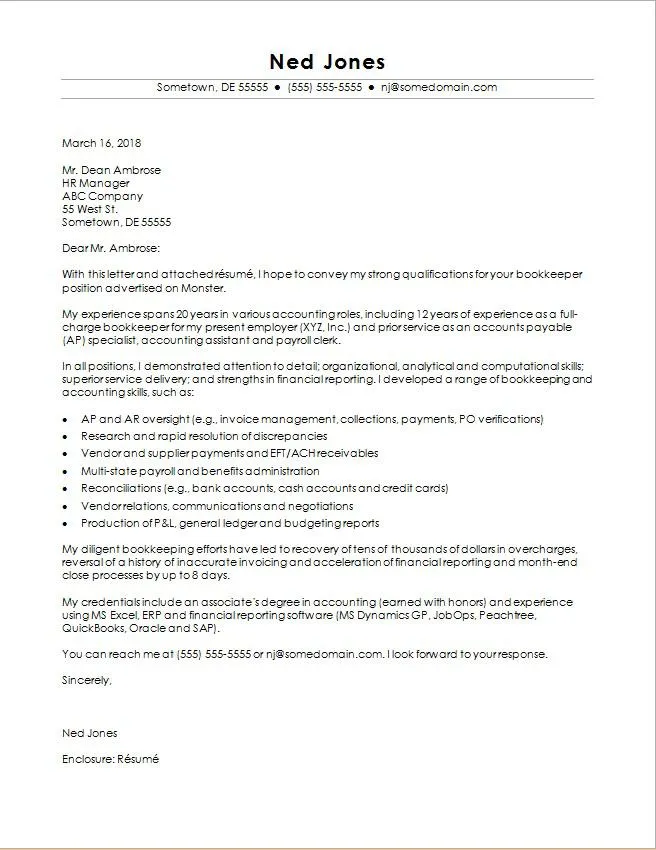
To maximize the impact of your cover letter, it’s important to avoid common mistakes. These errors can detract from your qualifications and make a negative impression. Identifying and eliminating these issues ensures that your application effectively highlights your value to the employer.
Overstating Your Qualifications
Avoid overstating your qualifications or making claims that are not entirely true. Exaggerating your skills or experience can backfire if the employer discovers the discrepancies. Be honest and accurate in your portrayal of your abilities. Focus on the skills and experiences that are most relevant to the job and provide evidence to support your claims. Avoid using vague or inflated language. Your credibility is essential to make the best impression. Ensure that your claims are verifiable by providing concrete examples of your achievements.
Listing Irrelevant Qualifications
Don’t list qualifications that are irrelevant to the job. Including unrelated information wastes valuable space and distracts the hiring manager from your most relevant skills and experience. Focus solely on the qualifications that align with the job requirements, as outlined in the job description. Tailor your cover letter to each position by highlighting the experiences and skills that are most valuable to the employer. Removing irrelevant details streamlines your application and highlights your ability to focus on what matters most. Prioritize the information that directly addresses the needs of the company.
Ignoring the Job Description
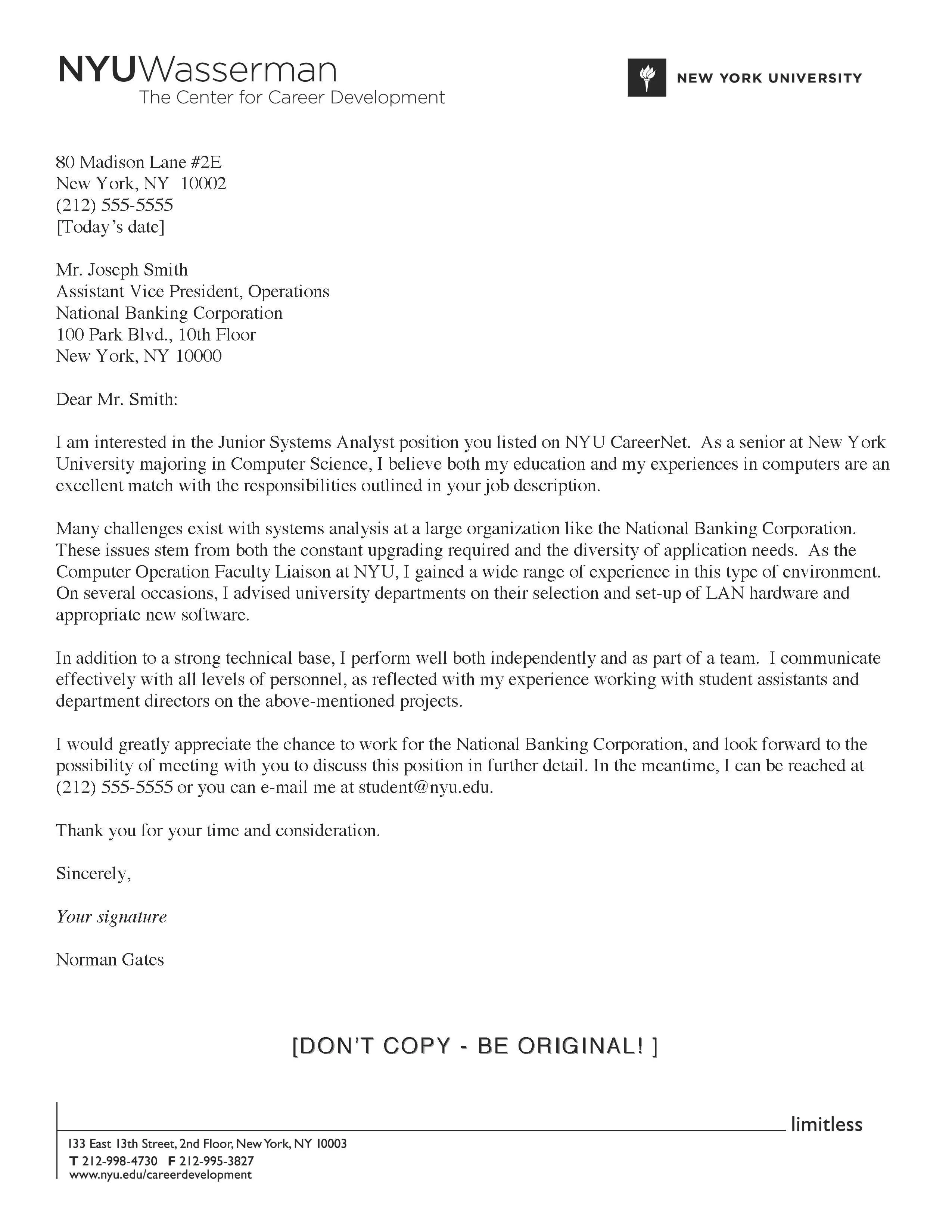
One of the biggest mistakes is ignoring the job description. It is vital to understand the requirements of the role. Reviewing the job description will provide critical insights into the essential qualifications the employer is seeking. By failing to address these requirements in your cover letter, you risk appearing unqualified or uninterested. Carefully align your qualifications with the key requirements outlined in the job description. This personalized approach ensures your application directly addresses the needs of the company, making it more likely to stand out. The more personalized your cover letter is, the better your chances are. Avoid using a generic cover letter, and always customize it to each specific job. This demonstrates that you have done your research and are committed to the role. Pay close attention to the wording the employer uses, and incorporate similar language to show you understand their needs.
The Role of a Cover Letter in the Application Process
The cover letter plays a crucial role in the application process, complementing your resume and providing context. It is an opportunity to express your interest in a specific position. It is your chance to show the hiring manager your personality and highlight your qualifications in a narrative format. Unlike your resume, which provides a summary of your work history, the cover letter allows you to showcase your communication skills and explain why you are the best fit for the role. Cover letters help you make a personal connection with the hiring manager. This can make you stand out from the crowd. The cover letter gives you a chance to explain career gaps, address concerns, and emphasize your value. A well-written cover letter provides essential insights into your personality, skills, and experience.
Difference between Cover Letter and Resume
Understanding the key differences between a cover letter and a resume is crucial for crafting effective job application materials. The resume provides a concise overview of your work history. It provides a bulleted list of past roles, skills, and accomplishments. In contrast, the cover letter offers a narrative approach. It’s your opportunity to showcase your personality, elaborate on your qualifications, and demonstrate your fit for the role. Your resume is a factual document that presents your credentials. Your cover letter is a chance to tell your story. Resumes are more standardized and focused on providing key information. Your cover letter is tailored to each job application and is a means of demonstrating your passion, personality, and suitability. By understanding how each document functions, you can create a complete application package that gives you the greatest chance of success.
How to Create a Compelling Cover Letter
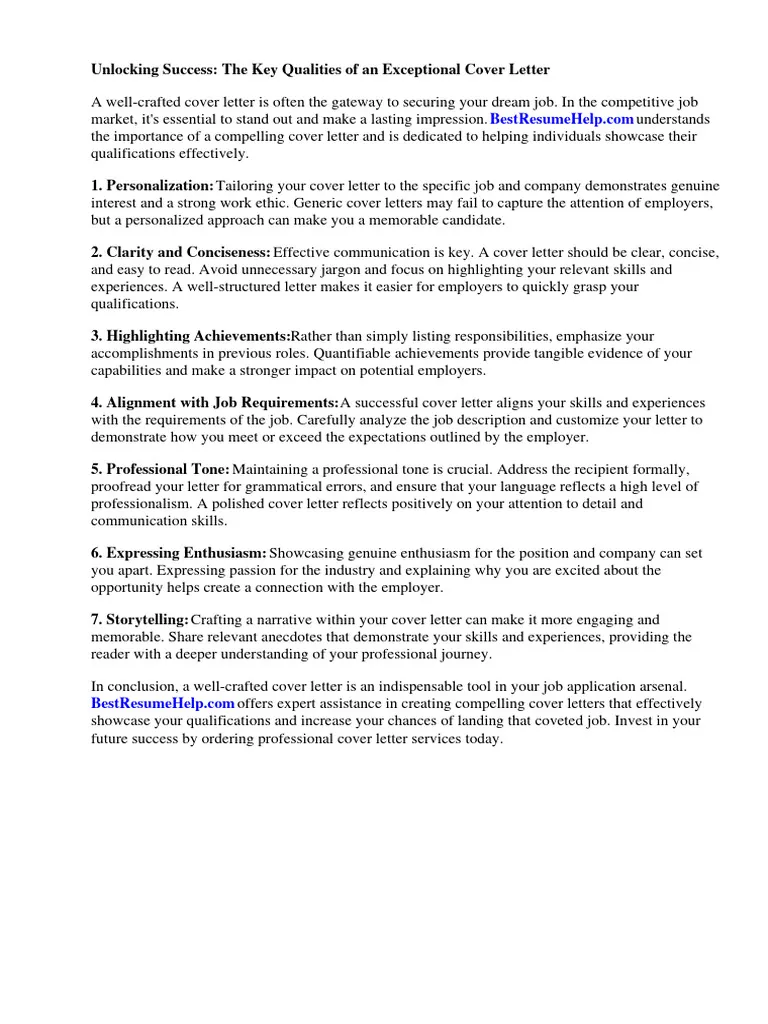
Creating a compelling cover letter requires careful planning and execution. First, research the company and the specific role. Understand the employer’s needs and goals, then tailor your letter to address those needs. Start with a strong opening paragraph that immediately grabs the reader’s attention and clearly states your interest in the position. In the body paragraphs, elaborate on your qualifications, using specific examples and action verbs to showcase your skills and achievements. Provide detailed information about how your past experiences align with the job requirements. Focus on highlighting what you can bring to the company and how you will contribute to its success. Remember to proofread your cover letter carefully, as errors can undermine your credibility. A well-crafted cover letter is an investment in your future, so take the time to make yours exceptional.
The Future of Cover Letter Qualifications
The future of cover letter qualifications is likely to evolve with the changing landscape of work. Technology will play a larger role. Applicants will need to be adept at demonstrating their skills and experiences, both in traditional and digital formats. The emphasis on soft skills, such as communication, teamwork, and problem-solving, will continue to grow. Job seekers will need to showcase their abilities effectively in these areas. Personalization and customization will become even more important. Tailoring your cover letter to each job will be essential. Focusing on what you can bring to the company will become increasingly important. Staying informed about industry trends and adapting your qualifications accordingly will be critical. Continuous learning and upskilling will be essential for those looking to remain competitive in the job market.
